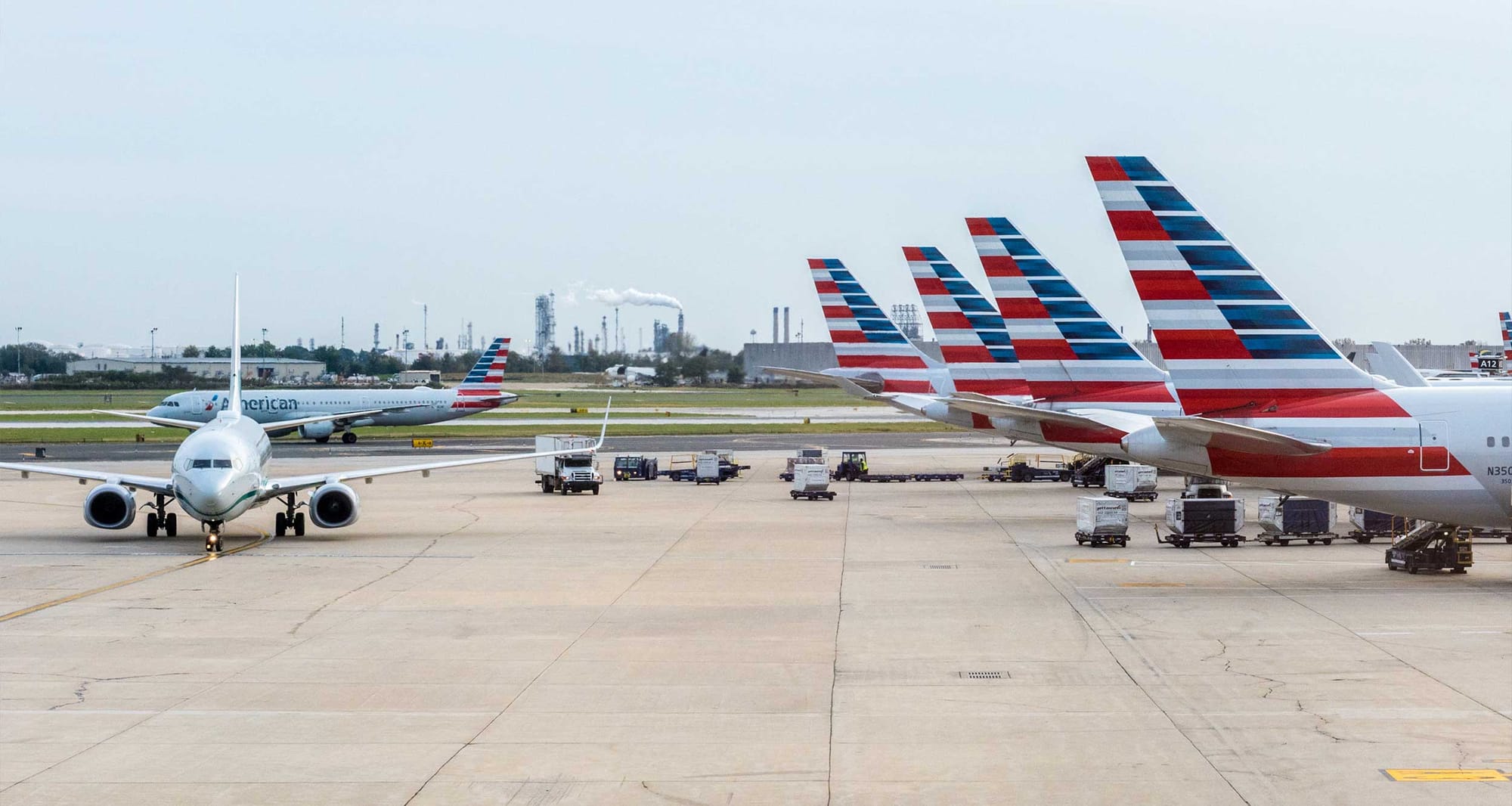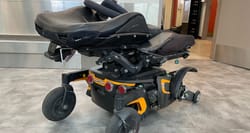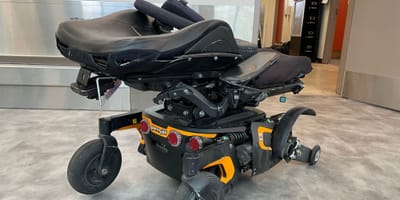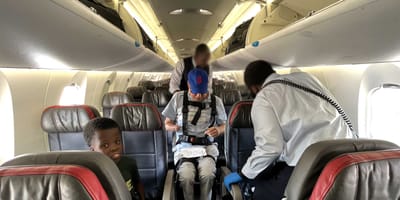Airlines across the world are facing significant operational issues this summer as passenger demand reaches pre-pandemic levels while staffing shortages have left many carriers without pilots and cabin crew to operate the flights they’ve sold. As reported by Newsweek and aviation tracking website FlightAware, airlines are on track to set a record for the most cancelations in 2022. This holiday weekend, with flights at or near capacity, missed connections, delays and cancelations threaten to leave travelers stranded and in many cases stuck overnight in America’s airports.

While U.S. airlines are not required to compensate passengers for delayed or canceled travel, some do provide hotel accommodation to impacted passengers. American Airlines, the carrier I fly most often, promises the following in its Conditions of Carriage:
If the disruption is our fault or you’re diverted to another city, and we don’t board before 11:59 p.m. local time on your scheduled arrival day, we’ll arrange an overnight stay or cover the cost of an approved hotel, if available. We don’t guarantee reimbursement for hotel expenses if you book directly without written authorization from American Airlines.
This policy makes it fairly clear that, if American Airlines is responsible for a traveler being stuck overnight, they’ll arrange and pay for that passenger’s hotel accommodation. Shockingly, wheelchair users may be left to fend for themselves, as I found out earlier this week in Tampa, Florida.
American Airlines frequently fails to meet its contractual obligation… for disabled passengers
It’s no secret that U.S. airlines routinely violate the civil rights of disabled passengers through noncompliance with the Air Carrier Access Act. We expect that. But the exceedingly high rate of flight cancelations and delays this summer has made something else apparent: Airlines are woefully unprepared to offer disabled travelers wheelchair accessible accommodation in the event of a flight cancelation — oftentimes, they fail to do so at all.
At American Airlines, vouchers for complimentary hotel rooms are issued through a third-party (TA Connections), whose software platform is designed to minimize costs for the carrier. If a particular hotel is not made available through the booking platform, airline staff won’t be able to send you there, even if it is the only accessible option. American Airlines gate agents who use the system have shared, on background, that the system provides no information about the accessibility of guest rooms or hotel shuttles. When attempting to meet the needs of a disabled passenger, airline staff are left in the dark and set up to fail.
Earlier this week, I was forced to sleep overnight in the Tampa Airport terminal after American Airlines delayed my flight.
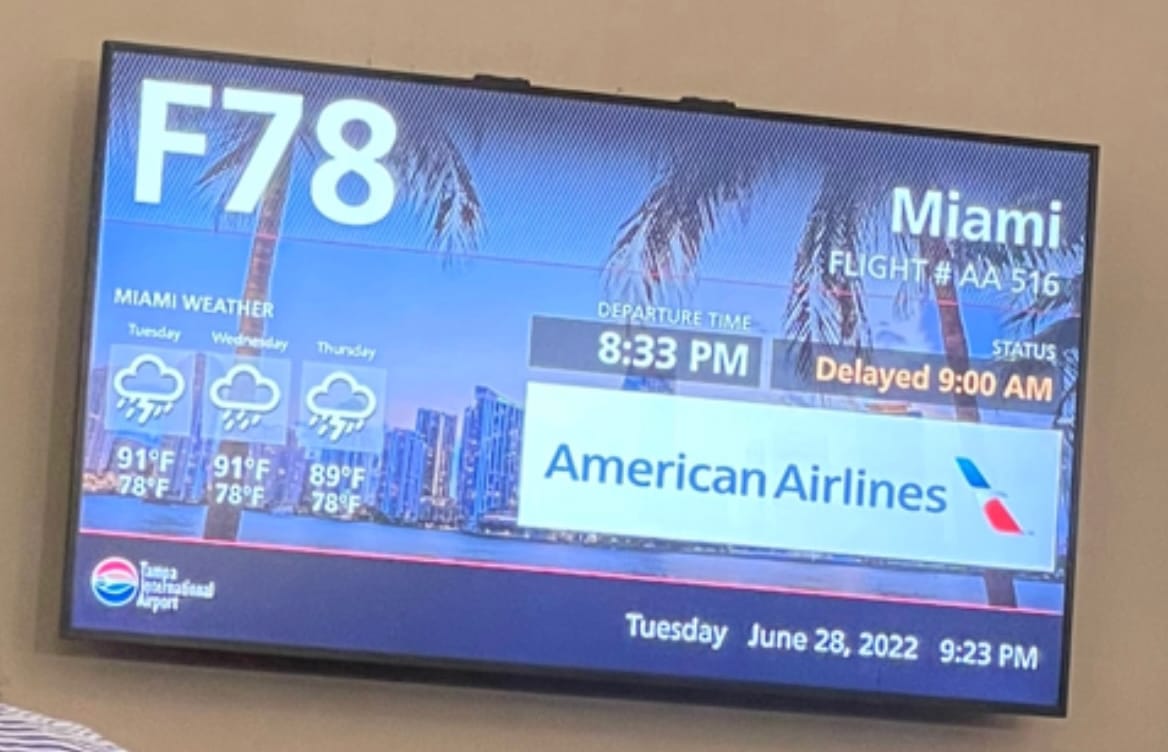
Just a few days ago, my American Airlines flight from Tampa to Miami was effectively canceled when it was discovered that the copilot had exceeded his allowable flight hours. With the 8:33 p.m. flight delayed until the next morning, passengers were given hotel rooms in accordance with AA’s Conditions of Carriage. That is, nondisabled passengers were given hotel rooms.
I requested a room at the Tampa Airport Marriott, which is connected to the terminal. Despite the fact that I had confirmed room availability on the Marriott website, the hotel was absent from the airline’s third-party hotel booking engine (it was probably too expensive relative to the off-airport options available). Airline staff told me that I was free to book and pay for the hotel myself, but I would only be reimbursed at pennies on the dollar (the airline’s discounted contract rate). Naturally, that was unacceptable to me — it was AA’s fault that I was stuck at the airport.
The available hotels did not have wheelchair accessible shuttles and there were no wheelchair taxis at the airport (typical at most U.S. airports, especially in Florida). The AA gate agent who was helping me called TA Connections to ask them to “open up” and “add” inventory for the in-airport hotel but, after more than an hour on hold, the hotel had sold out by the time he got through.
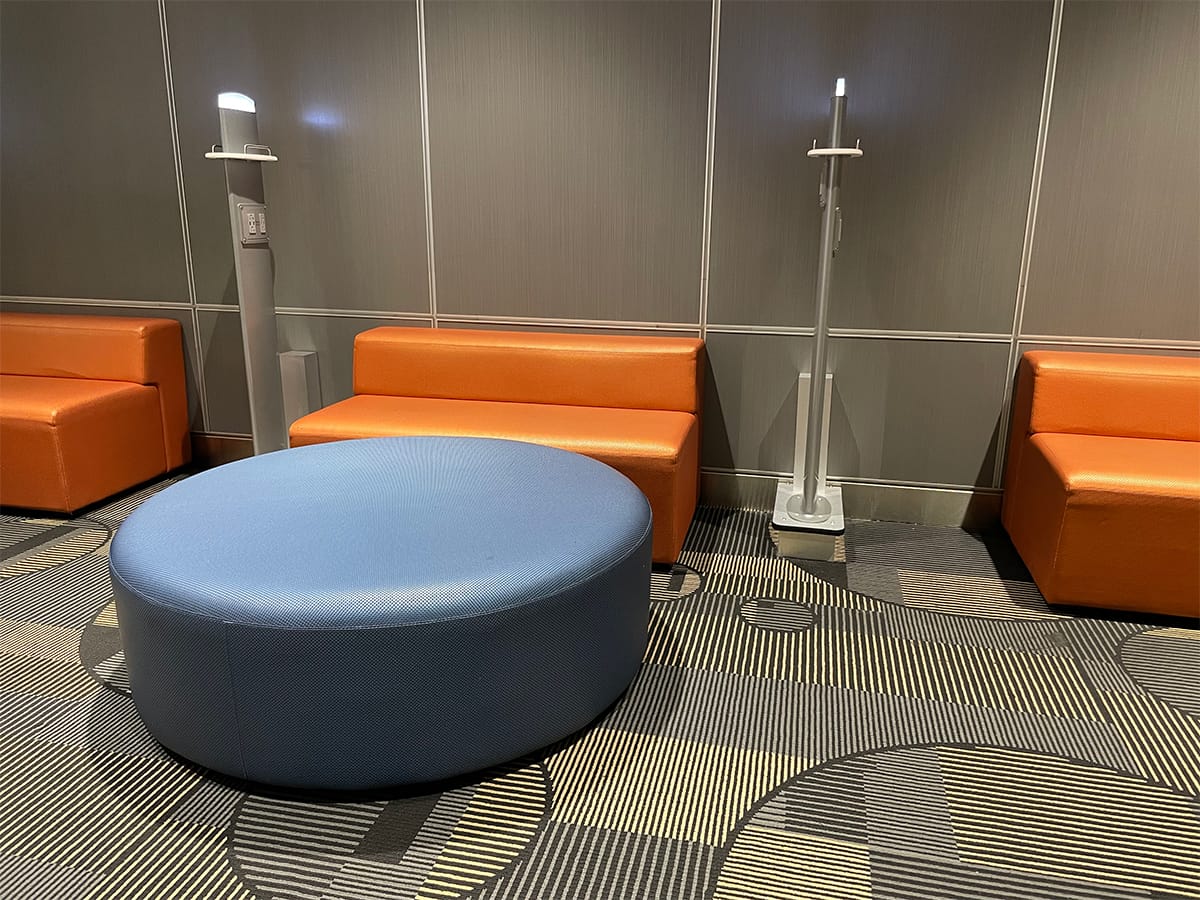
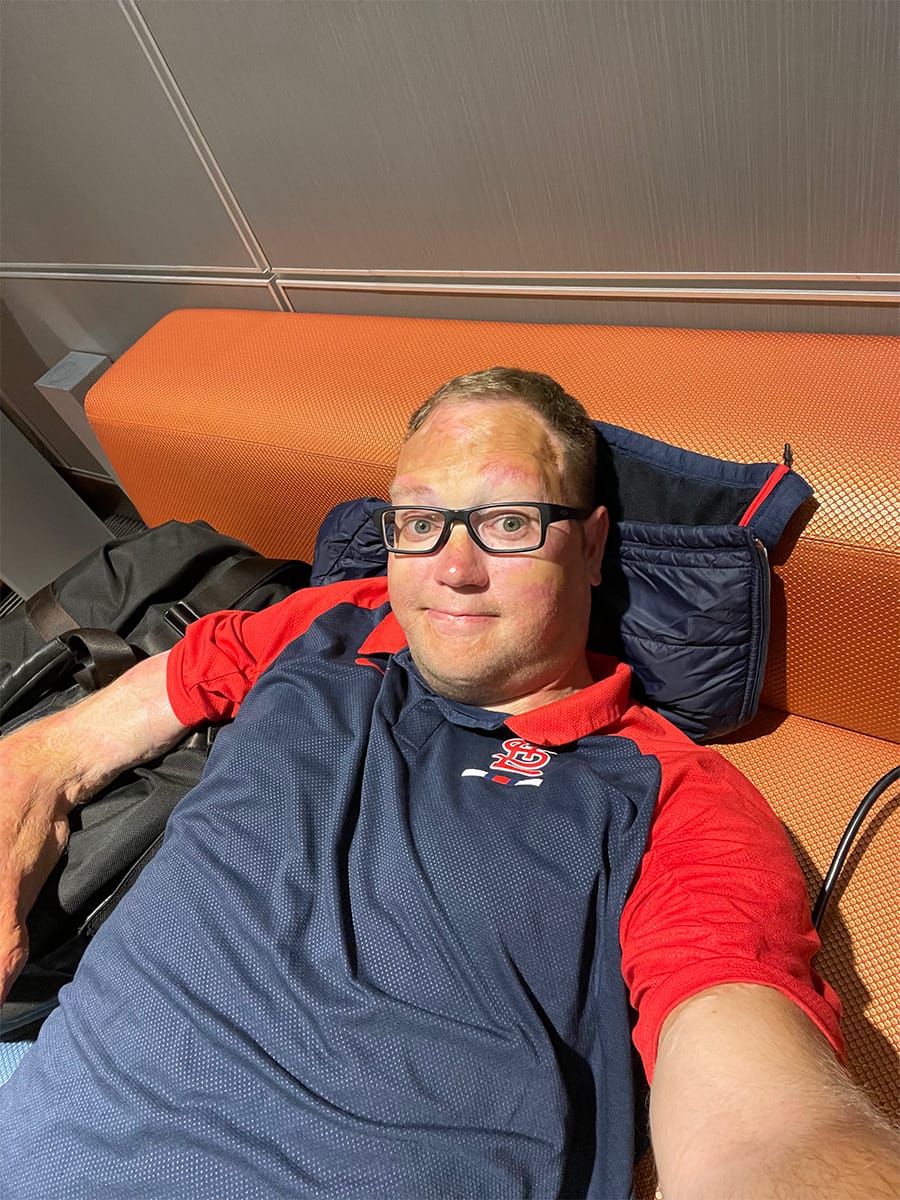
With no other option, I was left to sleep in the airport terminal. I pushed some benches together in baggage claim and managed to get a couple hours of sleep, though I awoke with a sore neck after sleeping awkwardly without a pillow on the hard surface. All of the airline’s other passengers, who were not wheelchair users, were afforded the opportunity to sleep in a proper bed at a hotel.
Corporate cost-cutting measures have left airline staff unable to meet the needs of disabled passengers
The third-party hotel booking platform used by American Airlines has taken the power out of its agents’ hands, leaving them with a limited selection of only the most cost-effective hotel options to offer displaced airline passengers. If the selection of hotels presented have inaccessible shuttles unable to transport a wheelchair user (as is typically the case), staff can do nothing more than shrug their shoulders and offer a sheepish apology.
As a result of the airline’s corporate cost-cutting strategy and failure to consider the needs of its disabled passengers, wheelchair users may have no other choice than to sleep in the airport while nondisabled travelers are shuttled off to complimentary hotel rooms.
American Airlines chose as its new corporate slogan “caring for people on life’s journey,” but the airline should be more specific: it’s only prepared to care for nondisabled people.

